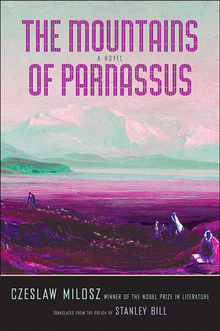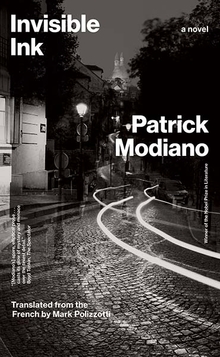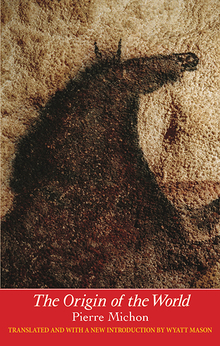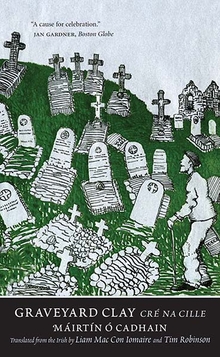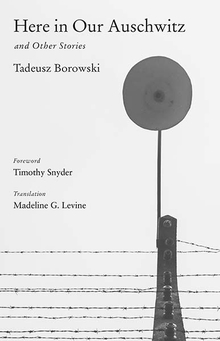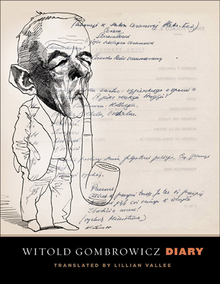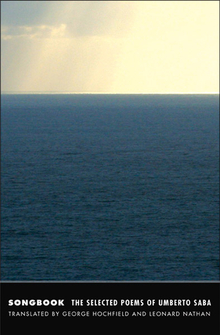The Mountains of Parnassus
WARNING
You are viewing an older version of the Yalebooks website. Please visit out new website with more updated information and a better user experience: https://www.yalebooks.com
Czeslaw Milosz; Translated from the Polish by Stanley Bill
The Nobel laureate’s unfinished science fiction novel—available in English for the first time ever
Awarded the Nobel Prize in literature in 1980, Czeslaw Milosz was one of the twentieth century’s most esteemed poets and essayists. This outstanding translation of his only hitherto unavailable work is classic Milosz and a necessary companion volume for scholars and general readers seeking a deeper understanding of his themes. Written in the 1970s and published posthumously in Polish in 2012, Milosz’s deliberately unfinished novel is set in a dystopian future where hierarchy, patriarchy, and religion no longer exist. Echoing the structure of The Captive Mind and written in an experimental, postmodern style, Milosz’s sole work of science fiction follows four individuals: Karel, a disaffected young rebel; Lino, an astronaut who abandons his life of privilege; Petro, a cardinal racked with doubt; and Ephraim, a potential prophet in exile.
Awarded the Nobel Prize in literature in 1980, Czeslaw Milosz was one of the twentieth century’s most esteemed poets and essayists. This outstanding translation of his only hitherto unavailable work is classic Milosz and a necessary companion volume for scholars and general readers seeking a deeper understanding of his themes. Written in the 1970s and published posthumously in Polish in 2012, Milosz’s deliberately unfinished novel is set in a dystopian future where hierarchy, patriarchy, and religion no longer exist. Echoing the structure of The Captive Mind and written in an experimental, postmodern style, Milosz’s sole work of science fiction follows four individuals: Karel, a disaffected young rebel; Lino, an astronaut who abandons his life of privilege; Petro, a cardinal racked with doubt; and Ephraim, a potential prophet in exile.
Czeslaw Milosz (1911–2004) was a Polish poet, novelist, essayist, translator, and diplomat of Polish and Lithuanian descent who defected to the West in 1951. Stanley Bill is lecturer in Polish studies at the University of Cambridge. He lives in Cambridge, UK.
“In particularly beguiling form The Mountains of Parnassus embraces many of Milosz’s preoccupations, most notably the fertile decadence of Western society and the role of faith struggling within it. Fragmentary and elliptical, Milosz's "science fiction novel that will never be written" offers a fascinating excursus into many of the poet's most pressing concerns, set forth in captivating prose.”—Mark Danner, author of Spiral: Trapped in the Forever War
“As accomplished as Milosz’s admirers would expect… They may be scraps, but as the cardinal argues, so is scripture. If art these days is an enterprise doomed to failure, as Milosz suggests, a trip to Parnassus in his company is still a stimulating outing, even if the gods and muses are in hiding.”—Andrew McKie, Spectator
"This is a little jewel of science fiction-like musings on the difficulties of modern life. For a reader of Milosz's works, this is a splendidly recognizable book."—Irena Grudzinska Gross, Princeton University
“Milosz’s futuristic landscape unsettles and captivates.”—Publishers Weekly
“A worthwhile work of speculative fiction . . . with some brilliant flashes . . . It remains worth seeking out.”—M.A. Orthofer, Complete Review
“An unrelenting vision of a dystopian future . . . If we read The Mountains of Parnassus as an allegory, we begin to appreciate how truly whole and unwavering Milosz’s beliefs and ideas remained throughout the years . . . That the fragment we get ends with something that more than resembles a poem is salutary.”—Piotr Florczyk, World Literature Today
“The Mountains of Parnassus should be read as poetry . . . wander back through its sentences, and find how one after another deploys words with utter precision . . . [like] a series of speculative prose poems . . . The philosophical strength of The Mountains of Parnassus amplifies as it moves from one story to the next . . . Indeed, perhaps the entire novel proves better suited to the current moment than to the one it was born out of 45 years ago.”—Emma Schneider, Full Stop
“[Milosz’s] visionary, cryptic novel The Mountains of Parnassus reveals his reservations about the future of our species . . . These aphoristic, hallucinatory shards are the slightly mismatched contents of a time capsule sent to us in the present.”—Cynthia Haven, Times Literary Supplement
“[This] novel . . . echoes a belief that can be found in almost all of [Milosz’s] poems and essays: History isn’t enough for us; to be fully realized, we need to imagine another realm in which the needs of the spirit are met.”—Steph Burt, Nation
ISBN: 9780300214253
Publication Date: January 10, 2017
Publication Date: January 10, 2017
184 pages, 5 x 7-3/4

